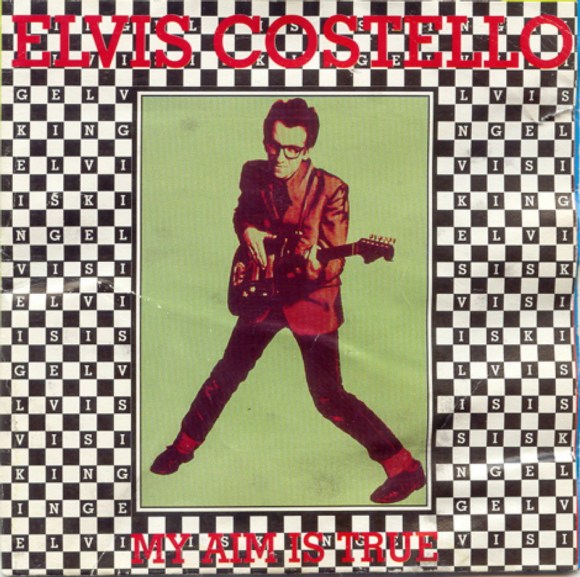When I was in High School I got into Blues music thanks to one caring English teacher and a bunch of 1960’s blues rockers. I was listening to Cream, Led Zeppelin, The Yardbirds, and Eric Clapton pretty heavily my senior year. Near the end of my last semester, I was assigned a research paper by my honors English teacher. She suggested I write about the blues after she found out I was really into Clapton. This was probably the first time I ever considered writing about music, which looking back on it was pretty big moment for me. Anyway, I went to the library and checked out a couple of dusty tomes on the history of blues music and over the course of writing that paper (which earned me an “A”) I feel in love with the blues. I’ve been hooked ever since.
That’s how I first got into BB King. I picked up a copy of his greatest hits and by the time I had successfully digested that, his album with Eric Clapton, RIDING WITH THE KING, came out. RIDING WITH THE KING is a fantastic record and a brilliant primer for someone just getting into the blues, which was perfect for me. In a few short weeks I knew RIDING WITH THE KING top to bottom, I must have played it a hundred times.
BB King, who was pretty much always touring, was scheduled to play in Kansas City (where I was living at the time) and I knew I had to go. My dad and my sisters came with me, and it was a concert I’ll never forget. It was a drizzly evening and unfortunately the show was outside. The seats were wet but it luckily didn’t rain on us too much while we waited for the show to begin. John Haitt opened for BB King, he was promoting his album THE TIKI BAR IS OPEN, and we were all impressed with him. My sister Amber was particularly smitten with Haitt, which looking back on it is pretty amusing since she was into bands like Hanson and The Backstreet Boys up until that point.
I remember BB King sitting on a wooden stool during his performance. He balanced Lucille upon his knee, like a grandfather tenderly holding his grandchild. He was old, and clearly not in the best health, but his voice was still strong and his guitar playing was still exceptional. After playing for about an hour, he took a short break then came back and played a few more songs. And then he was done. There was no encore, which I thought was strange, but not unexpected considering BB’s age. Everything about that concert felt historic and important, and I don’t think I’ll ever forget it.
I’d read a few weeks ago that BB King was very sick and that he was essentially broke. Initially I was upset to learn that such a respected, successfully musician had no money, but upon further reflection I realized that this cemented BB King’s place in the pantheon of great bluesmen. To die penniless is almost as important as song writing when it comes to the blues. BB King’s health had been poor since I was a child, so the fact that he lived (and played) as long as he did is kind of a miracle. I know that 89 years isn’t nearly long enough, but that’s what we got from BB King and I’m grateful.
The topic of BB’s death came up today and someone asked me “why was that guy such a big deal?” I’m paraphrasing, but that was basically the question. I didn’t really have a very good answer at the time, mostly because I’m terrible at thinking, but after giving it some thought I think I know why BB King was so important. BB King was the most famous blues musician alive. He was an ambassador of an entire genre of music, how many other artists do you know that fit that description? BB King was a mentor to generations of artists and his influence is still felt today in the world of blues and rock music. He transcended age, race, socioeconomic status, everything. Today marks the end of an era, not just the music world but in the popular culture at large.
Rest in peace, BB King.








